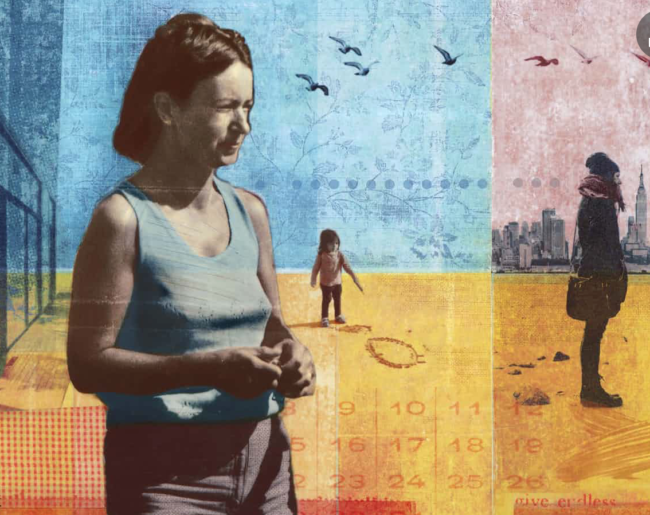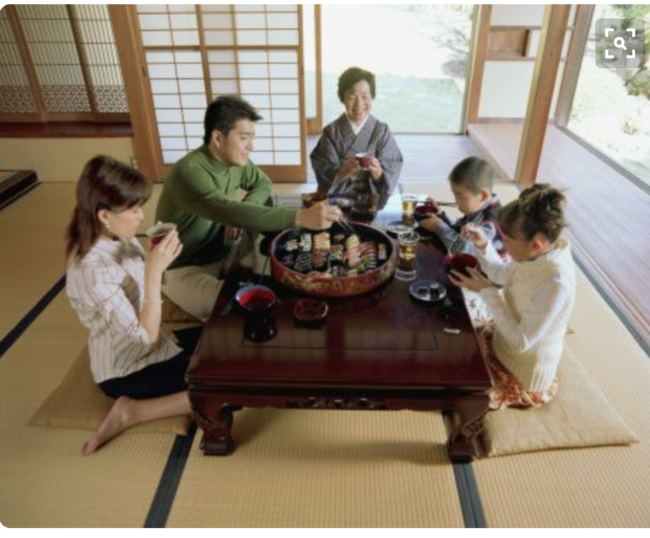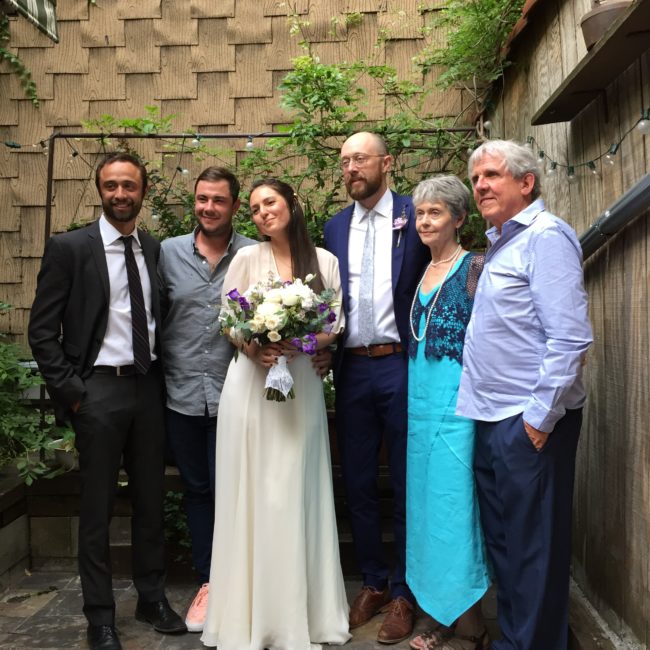by Lisa Savage, Guest Blogger
One of the rites of passage for an elder mom is when her children become full-fledged adults. Do they still need our nurturing? What’s the best way for a mom of adults to transition to offering support that both meets her need to nurture and her grown child’s need to be acknowledged as capable?
Things have changed from when we baby boomers were coming of age. We thought we were ready to be on our own as teenagers because the males were considered old enough to draft and send to kill people in Vietnam.
We were admonished by our peers not to trust anyone over 30. If, like me, you attended college with parental support, you could still move 4,000 miles away and kind of ignore the fact that you were far from independent.
Nowadays the baby boomers who can’t afford to retire are still clogging up the job market and young people need at least a graduate degree if they aspire to a job that pays a living wage plus full benefits like health insurance. Many people in their 30’s still live in parent subsidized housing (or at home), and their phones and cars are funded if their parents are affluent enough to do that.
Our children’s generation tends to marry later as well. A first marriage at 35 or beyond is common. As marriage used to be a societal signal that children had officially left the nest, how does that play out when the bride and groom are already full-fledged adults with established careers and homes?
It’s almost as if one minute we’re parenting a grad student, and the next minute they’re starting to look after and support us as we navigate the challenges of old age.
Every family is different, of course, and cultures with more grounding have a readymade place for the elder who is still part of the household but has stepped back from an active, managing role. In India extended families I met had an elder or two on the sidelines while the young parents in the family bustled around earning and cooking and chasing toddlers. In Japan I often saw grandmas and grandpas with a baby strapped to their back while the baby’s parents tended the tofu shop or delivered noodles from a motor scooter.
I once admitted to my grown son that I felt like I was failing to hold up my end of the deal when his roommate’s mom bought them lots of stuff for their apartment. His comment, “You’re doing fine, mom. I don’t have to call you every single day like he has to call his mother.”
Some of the challenges of parenting adults are knowing when to hold ‘em and when to walk away. “Letting go” is cited as a big challenge by other moms of adults I’ve talked with about this.
“Helicopter parenting is not pretty,” said a mom who is recovering from the experience. Her biggest challenge now? “Worrying about them when they’re so far away.” She says she worried as much when the kids were still at home, but it was easier to find assurance that they were ok — like hearing them come in at 4am.
Good parenting of adult children boils down to listening, and then listening longer.
What is it that our adult children actually want and need from us? What are the contours of our own emotional needs to give and to nurture? Some of us older women had built an entire lifetime and identity on our role as nurturers. If we can take ownership of that as our thing we’ll recognize that it may not always align well with our child’s changing needs.
We can get a puppy or volunteer at a school so that we don’t try to helicopter parent a grown up, hovering when we should be retreating.
Our goal was to nurture our children toward independence, wasn’t it? Rejoice when this goal is accomplished! You’ve done a good job when you realize that another person has become as important in their life as you once were.
Lisa Savage is a peace activist and teacher in her home state of Maine. She was a lead organizer for the Bring Our War $$ Home campaign and currently is waging the Maine Natural Guard campaign to connect the dots between militarism and environmental harm. She blogs at Went2theBridge.blogspot.com.



